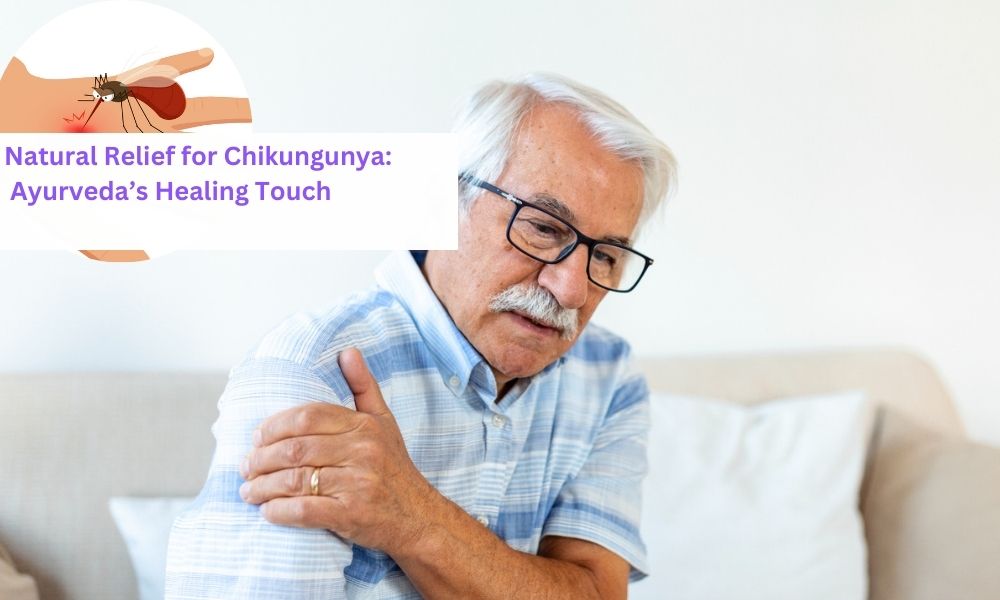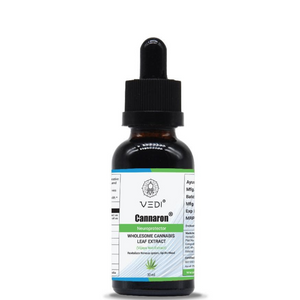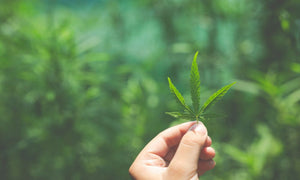Ayurvedic Treatment for Joint Pain After Chikungunya

Chikungunya, a viral disease transmitted by Aedes aegypti and Aedes albopictus mosquitoes, poses a significant health challenge, especially in tropical regions like India. Characterized by fever, rashes, and severe joint pain, this disease can lead to prolonged discomfort even after the acute symptoms subside. Joint pain, often the most persistent and debilitating symptom, results from the virus-induced inflammation in the joints.
While modern medicine primarily focuses on symptomatic relief, Ayurveda offers holistic and effective solutions. Rooted in natural healing, Ayurvedic treatments aim to alleviate joint pain, detoxify the body, and restore overall balance, providing long-term relief for chikungunya patients.
Symptoms of Chikungunya
Chikungunya is a disease spread by mosquitoes, and it causes several symptoms, such as:
- Fever: A sudden fever is a common sign.
- Joint pain: Intense pain in the joints, especially in areas like the wrists, fingers, ankles, knees, hips, and shoulders.
- Muscle pain: Severe pain in the muscles.
- Headache: Frequent headaches.
- Nausea: Feeling nauseous.
- Fatigue: Feeling extremely tired.
- Rash: Skin rashes may appear on the torso and limbs.
- Swelling: Swelling in the joints.
Why Do People Experience Joint Pain in Chikungunya?
Chikungunya virus triggers an inflammatory response in the body, affecting the synovial fluid in joints. This leads to swelling, stiffness, and pain, which may persist due to the body's prolonged immune response even after the virus is eliminated.
Weak immunity, dehydration, and lack of timely care can worsen joint pain.
Suffering from Post-Chikungunya Joint Pain? Discover Natural Relief with Ayurveda
Ayurveda, an ancient holistic healing system, offers effective chikungunya joint pain treatments. These remedies balance the doshas and reduce inflammation, enabling the body to heal naturally. Below are some proven Ayurvedic approaches:
1. Herbal Remedies
- Guduchi (Tinospora cordifolia): Known as Amrita in Ayurveda, Guduchi is a potent anti-inflammatory herb that relieves joint pain and enhances immunity.
- Shallaki (Boswellia serrata): Rich in anti-inflammatory properties, Shallaki is effective for long-term joint health.
- Guggul: Derived from the resin of Commiphora mukul, Guggul is known for its ability to reduce joint pain, lower cholesterol, and combat inflammation. It also supports overall joint health by suppressing inflammatory cytokines and enhancing the penetration of other therapeutic substances into tissues.
2. Cannabis-Based Ayurvedic Products:
These remedies, infused with cannabinoids, help manage chronic joint pain and improve sleep quality. Products like Cannapain® capsules and Cannapain® Oil are examples of innovative natural solutions that combine traditional Ayurvedic knowledge with modern science.
3. Panchakarma Therapies
Panchakarma, the Ayurvedic detoxification process, helps remove toxins (ama) accumulated during the disease. Specific therapies include:
- Abhyanga (Oil Massage): Warm medicated oils like —-oil relieve stiffness and enhance blood circulation.
- Swedana (Herbal Steam Therapy): This therapy reduces joint inflammation and improves flexibility.
- Virechana (Therapeutic Purgation): A cleansing therapy that balances aggravated pitta and removes toxins.
How to Target Joint Pain After Chikungunya?
Effective management of chikungunya joint pain involves a combination of remedies and preventive measures:
- Early Intervention: Begin Ayurvedic treatments as soon as symptoms appear.
- Strengthening Immunity: Use herbs like Guduchi, Amalaki (Indian gooseberry), and Tulsi (Holy basil) to build resistance against infections.
- Regular Detox: Adopt Panchakarma therapies periodically to maintain balance in the body.
- Topical Applications: Apply herbal oils like Dhanwantari Tailam to affected joints for immediate relief.
- Consistency: Follow Ayurvedic remedies consistently to experience long-term benefits.
- Gentle Yoga: Practices like Sukhasana and Bhujangasana enhance joint flexibility and reduce stiffness.
Conclusion
Chikungunya joint pain can be debilitating, but Ayurvedic treatments offer a natural and effective solution. By focusing on detoxification, reducing inflammation, and strengthening immunity, Ayurveda provides holistic care for joint pain after chikungunya.
Incorporating remedies like Guduchi, Shallaki, Panchakarma therapies, and dietary modifications ensures comprehensive relief and improved well-being. Embrace Ayurveda to target chikungunya joint pain naturally and regain a pain-free life.
For more information on chikungunya Ayurvedic treatment for joint pains, visit nearest vedi wellness Center and explore the power of natural healing.
FAQ
Question 1: What causes joint pain after chikungunya?
Answer: Joint pain after chikungunya is caused by inflammation triggered by the virus. It affects the synovial fluid in the joints, leading to swelling, stiffness, and prolonged discomfort even after the fever subsides.
Question 2: How long does chikungunya joint pain last?
Answer: The duration of joint pain varies. While some recover in a few weeks, others may experience persistent pain for months or even years, depending on their immunity and the care they receive after the infection.
Question 3: Can Ayurveda cure chikungunya joint pain?
Answer: Ayurveda provides effective relief for chikungunya joint pain through natural remedies like Shallaki, Guduchi, Cannabis-based medicines, and Panchakarma therapies. These treatments address inflammation and restore joint health holistically.
Question 4: What are the best Ayurvedic herbs for chikungunya joint pain?
Answer: Guduchi, Shallaki, Guggul, and Haridra (turmeric) are among the most effective Ayurvedic herbs for relieving joint pain and reducing inflammation.
Question 5: Is Panchakarma effective for post-chikungunya symptoms?
Answer: Yes, Panchakarma therapies such as Abhyanga, Swedana, and Virechana detoxify the body, reduce inflammation, and alleviate joint pain, promoting faster recovery.
Question 6: What lifestyle changes can help manage chikungunya joint pain?
Answer: Staying hydrated, consuming anti-inflammatory foods, practicing gentle yoga, and avoiding cold or processed foods can significantly improve joint health and reduce pain.
Question 7: When should I start Ayurvedic treatment for chikungunya?
Answer: It is best to start Ayurvedic treatment during or immediately after the acute phase of chikungunya to manage symptoms effectively and prevent long-term complications.







